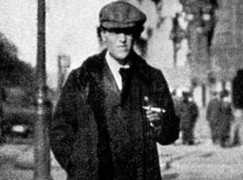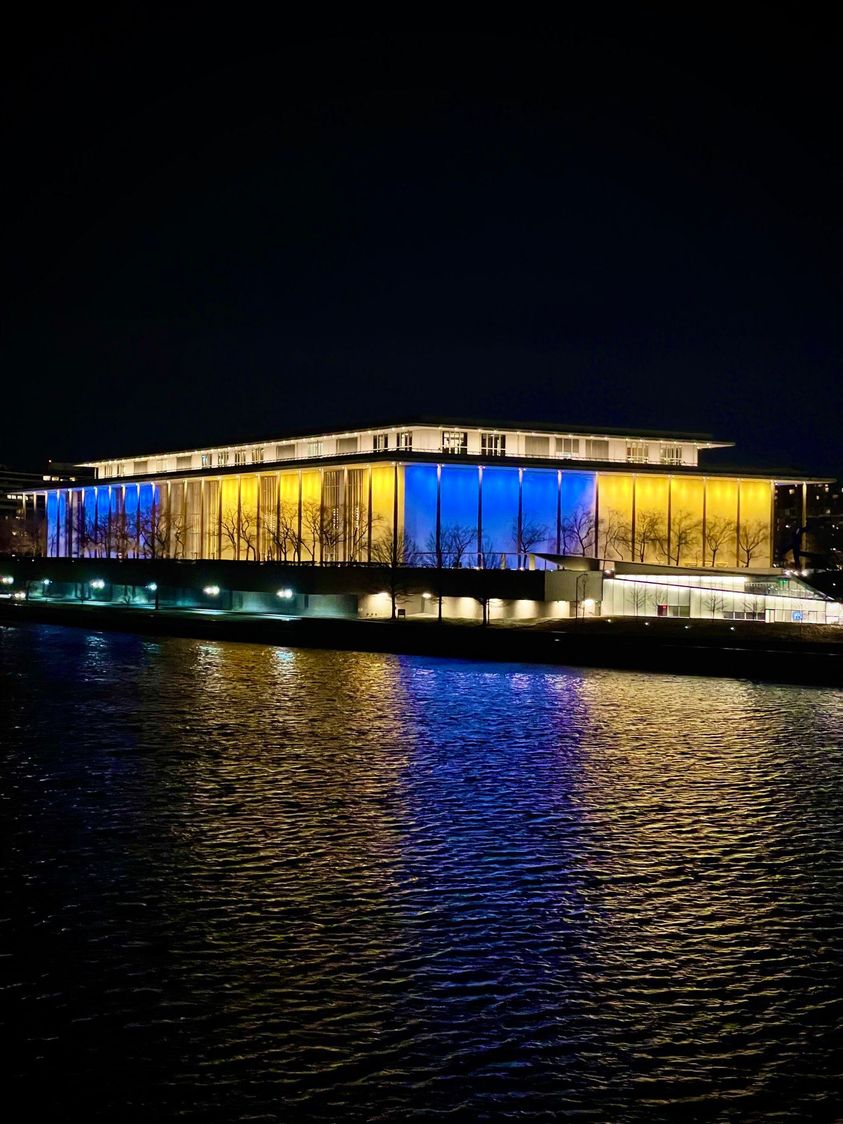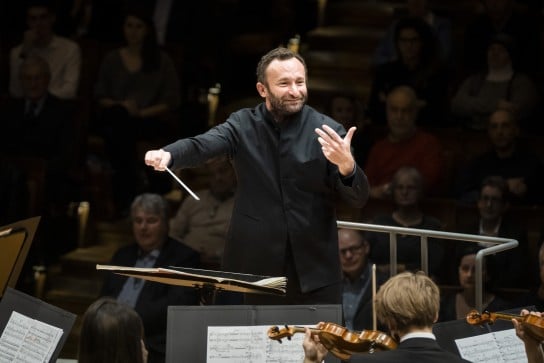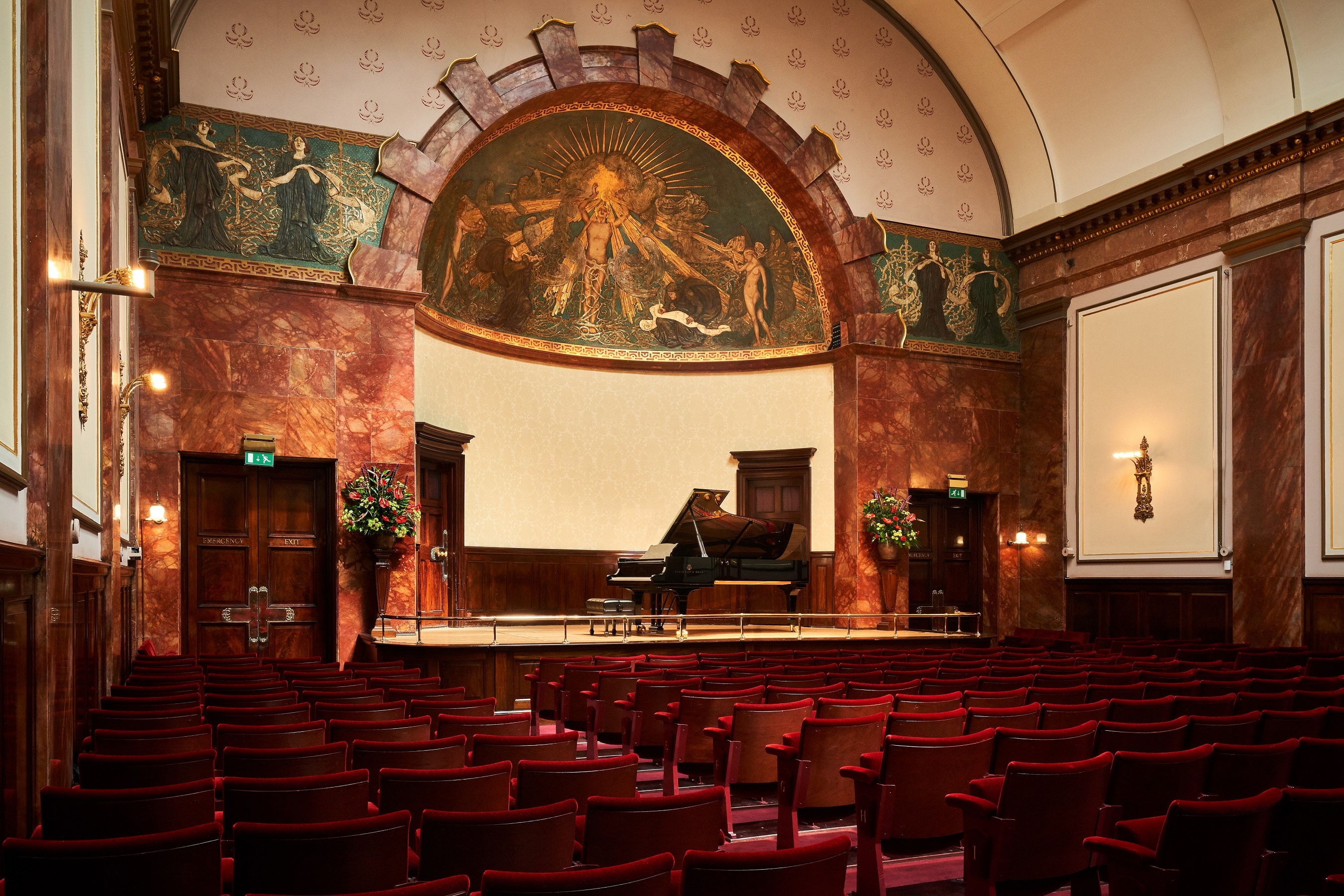A digital walking tour of Gustav Mahler’s New York
mainThere are grand revelations here, even for an experienced Mahlerian.
Click here.


There are grand revelations here, even for an experienced Mahlerian.
Click here.

From my monthly essay in The Critic: ……

After five years in charge, the chief conductor…

Watch the season launch video, with its declaration…

Responding to Wigmore Hall’s withdrawal from its patronage,…

Session expired
Please log in again. The login page will open in a new tab. After logging in you can close it and return to this page.
Comments